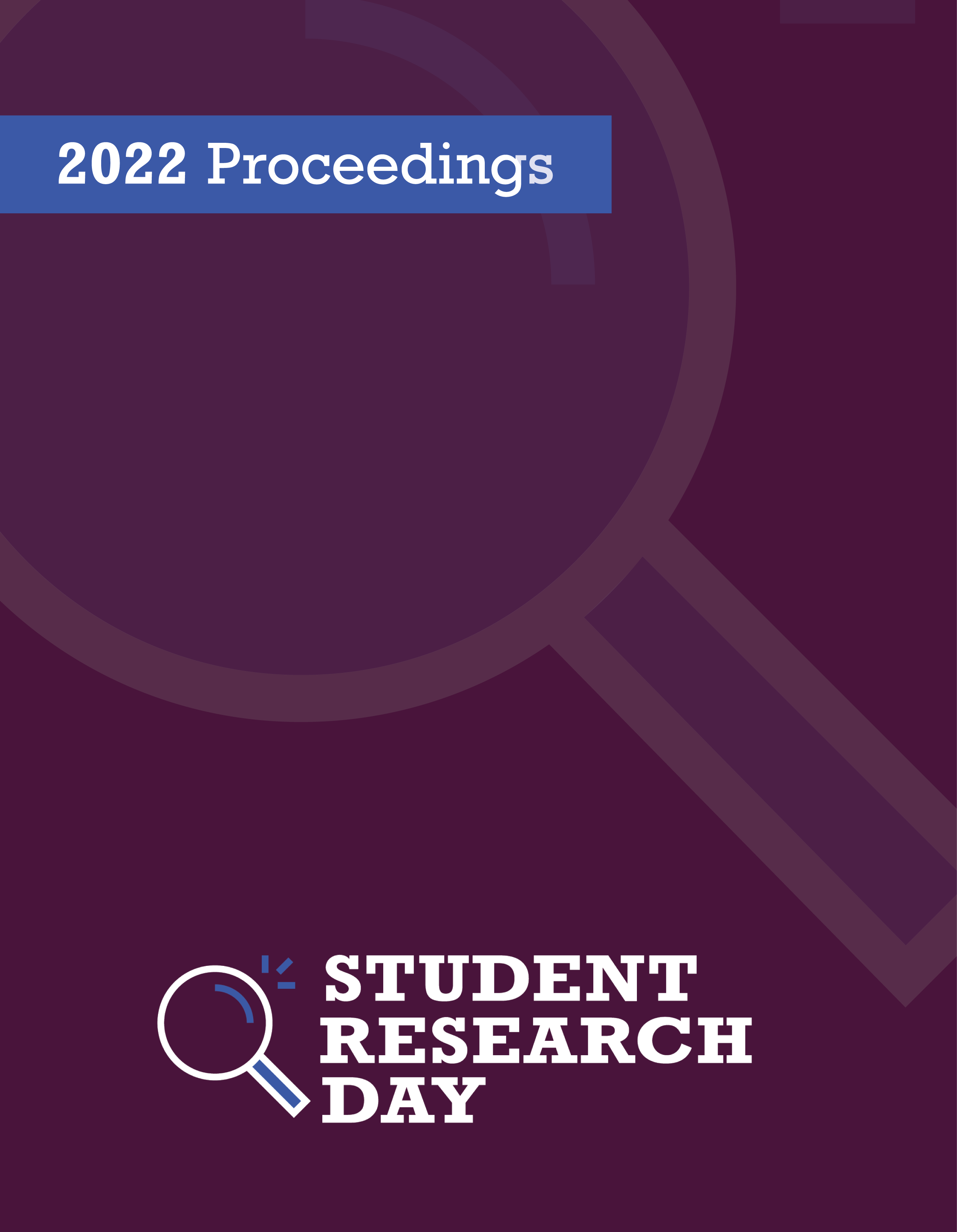I only cry in movies when an animal dies: Exploring the relationship between human and animal centered empathy in pet owners as a function of trait narcissism
Abstract
Having empathy for others is typically generalized to having empathy for animals. However, emerging research suggests that empathy for humans and for animals are only weakly correlated (Paul, 2000). This suggests that there may be cases where individuals lack human- centered empathy (HCE), but have a high degree of animal-centered empathy (ACE). Having a lack of empathy for humans is also characteristic of trait narcissism. Narcissistic individuals are self-serving, use others for their personal gain, and show no concern for the needs of others. There is currently a lack of literature exploring the relationship between HCE and ACE in individuals with trait narcissism. Here, we explore whether narcissistic pet owners display empathy towards animals despite their lack of HCE. To do so, pet owners (N=197) were asked to complete questionnaires assessing trait narcissism, HCE, ACE, pet attachment, and their pet ownership experiences. We hypothesize that core traits of narcissism will be positively associated with ACE and negatively correlated with ACE in pet owners. In addition, we expect our analysis to reveal: (a) a negative correlation between grandiose/vulnerable narcissism and pet attachment, (b) a positive correlation between ACE and both pet-attachment and attitudes towards animals, and (c) a weaker, but still positive, correlation between HCE and both pet- attachment and attitudes towards animals. A regression analysis will also be conducted to determine if pet attachment and attitudes towards animals will be significant predictors of (a) ACE and (b) HCE. This research will further our understanding of the relationship between empathy towards humans and animals. Results of the study will provide insight into whether animal-assisted approaches may be useful for empathy training in those with Narcissistic Personality Disorder.
Department: Psychology
Faculty Mentors: Dr. Miranda Giacomin and Dr. Eric Legge
References
Published
Issue
Section
License
Authors retain any and all existing copyright to works contributed to these proceedings.



